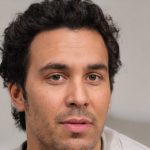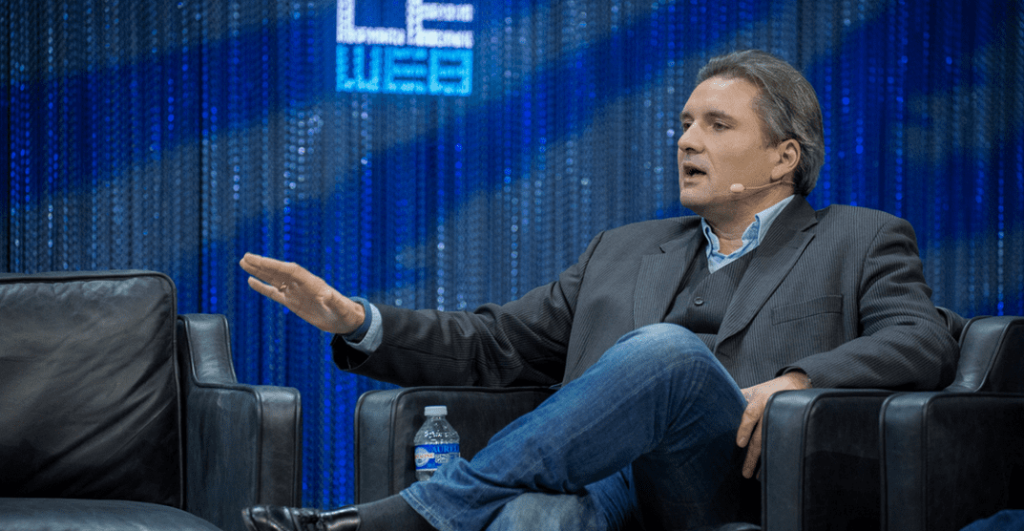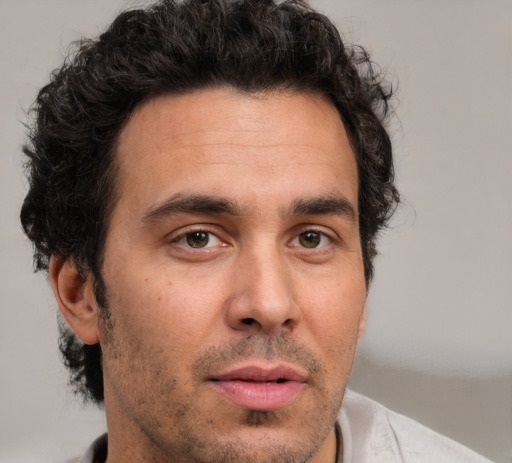LeWeb Blog: Of all the LeWeb trends announced so far, healthcare is one of the most buzzed-about right now. Why do you think that is?
Jeff Clavier: There’s a great convergence of both technology and the (health) sector’s maturity at the moment. A bit like education a few years ago. The technology, what with sensors, big data and so on is there and easily available; and there’s great demand from the health sector. We’ve also noticed things are growing really quickly both in the B2C and B2B spaces right now. Until recently, we hadn’t invested in health at all. Only Fitbit, in 2008, but I considered that as more of a hardware than a healthcare play. Today, you’re seeing companies that are making sensor-based devices so much more easily.
So recently, we’ve invested in four healthcare startups:
- BetterDoctor, a sort of Yelp for doctors, which allows patients to get reviews about doctors or specialists in given geographical zones, and who’ll accept their insurance policy
- 6sensor Labs, which makes a device which checks the food you’re about to eat for potential allergens
- Halo Neuroscience a neurostimulation device which sends microcurrents to specific parts of the brain, for example to improve your memory efficiency (founder Dan Chao is on the panel)
- Lantern, which offers coaching for mental disorders like anxiety, body image problems and so on, through cognitive behavioural therapy.
What is unique & ground-breaking about each of the people you’ve invited to speak at LeWeb?
Dr Daniel Kraft is the chair for healthcare at Singularity University, and just produced a conference on the future of healthcare, called Exponential Medicine, in San Diego. We chose him to have a doctor’s expert view on the next five to ten years of healthcare innovation. He’s looking into things like 3D-printed organs or personalised drug delivery.
Daniel Chao: what he’s doing with Halo Neuroscience (see above) is most definitely unique & ground-breaking!
Sean Duffy of Omada Health is working on an online programme that aims to improve people’s behaviour – eat better, take more exercise – in order to reduce medical expenditure
Jessica Richman’s uBiome studies the microbiome — or your guts and your poop! — to analyse and detect in advance what sort of afflictions you may suffer from
Ida Tin is the co-founder of Berlin-based company Clue, whose app is acclaimed as the most streamlined, user-friendly menstrual cycle tracking app available.
What, as a VC, are the key qualities you’re looking for in health startups right now?
We look for a few things:
- Founders with a unique understanding of their field; it has to be something they’ve been working on for a long time. That’s very much the case with Daniel Kraft and Jessica Richman, for example
- Unique product, with deep intellectual property and defensibility – if the product category allows for it
- Big market opportunity: if the product is successful, it ends up generating hundreds of millions in sales
- Finally, we try to avoid investing in products or services that require medical regulation, as that can slow development down by up to five years. We’re working with seed stage companies that have 18 months to prove themselves enough to warrant the next round of investment. If a company requires massive investments of time and money just to get a product approved, we’d rather invest elsewhere.


